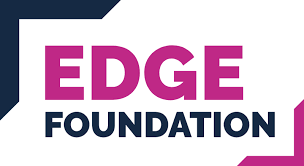Degree Apprenticeships in the UK have grown significantly in recent years and have attracted increased interest from students and employers alike (see Nawaz et al., 2022; Rowe et al., 2016).
While many universities are keen to grow their degree apprenticeship provision, according to a 2023 briefing, only 10% of undergraduate entrants to degree apprenticeships study at Russell Group universities (Russell Group, 2023). Given that students who enrol in degree apprenticeship programs are more likely to have work experience and come from non-traditional academic backgrounds, there is an increased need to adapt to how their learning is facilitated at these universities (Abrassart & Wolter, 2020; Furlong et al., 2017) and consider how higher educational providers can support students in skills development (Edge Foundation, 2023).
This article includes reflections and insights from a qualitative study exploring support and skill development across degree programs. We conducted three focus groups that matched students (n=26) across academic level and study focus. Each focus group consisted of students enrolled on degree apprenticeship and non-degree apprenticeship programs at the same Russell Group university (level 6 management, level 7 management, and level 7 human resources). Note that for the purpose of this discussion, all students who are not on a degree apprenticeship will be referred to as being enrolled in a ‘traditional’ program, with the acknowledgement that this captures a range of experience including internships, study abroad or even part-time learners. In comparing these two groups of students (degree apprenticeship and traditional degree), this research brings attention to a divergence in academic and employability skills, as well as a nuanced student identity, and a call to facilitate learning communities that build on the diversity of skills and experiences.

